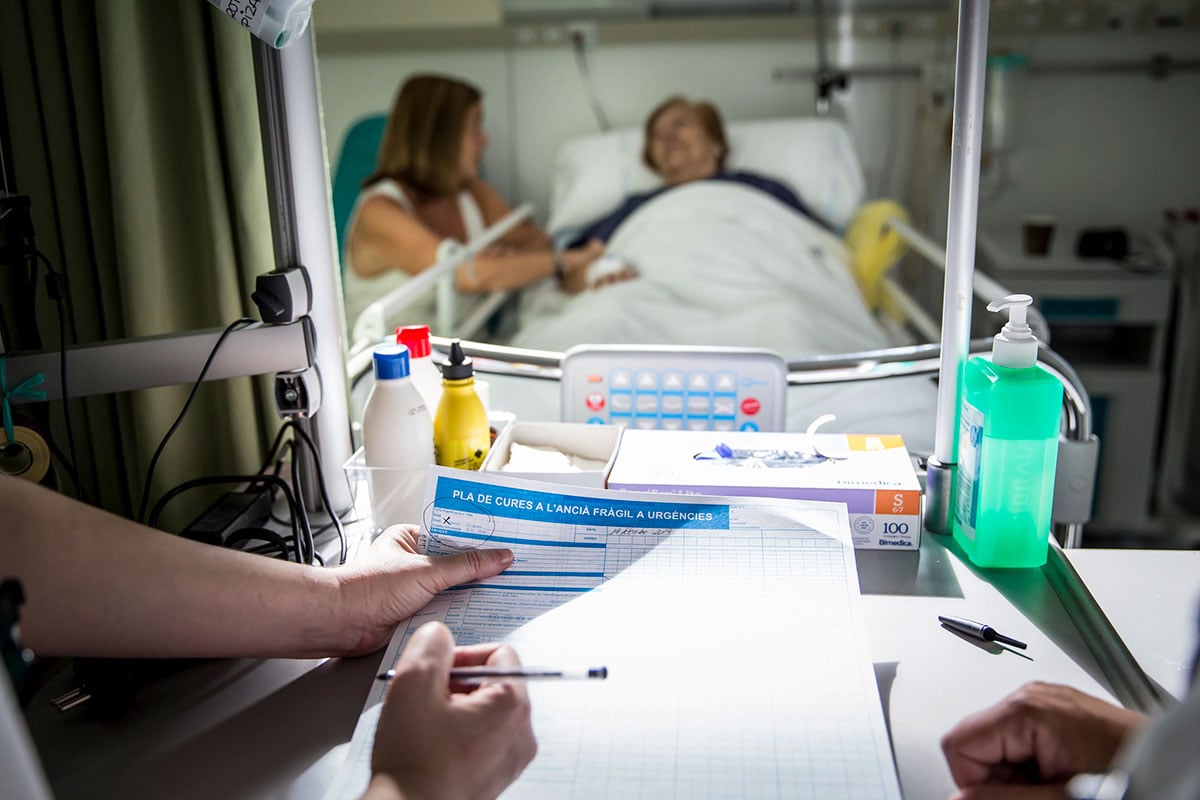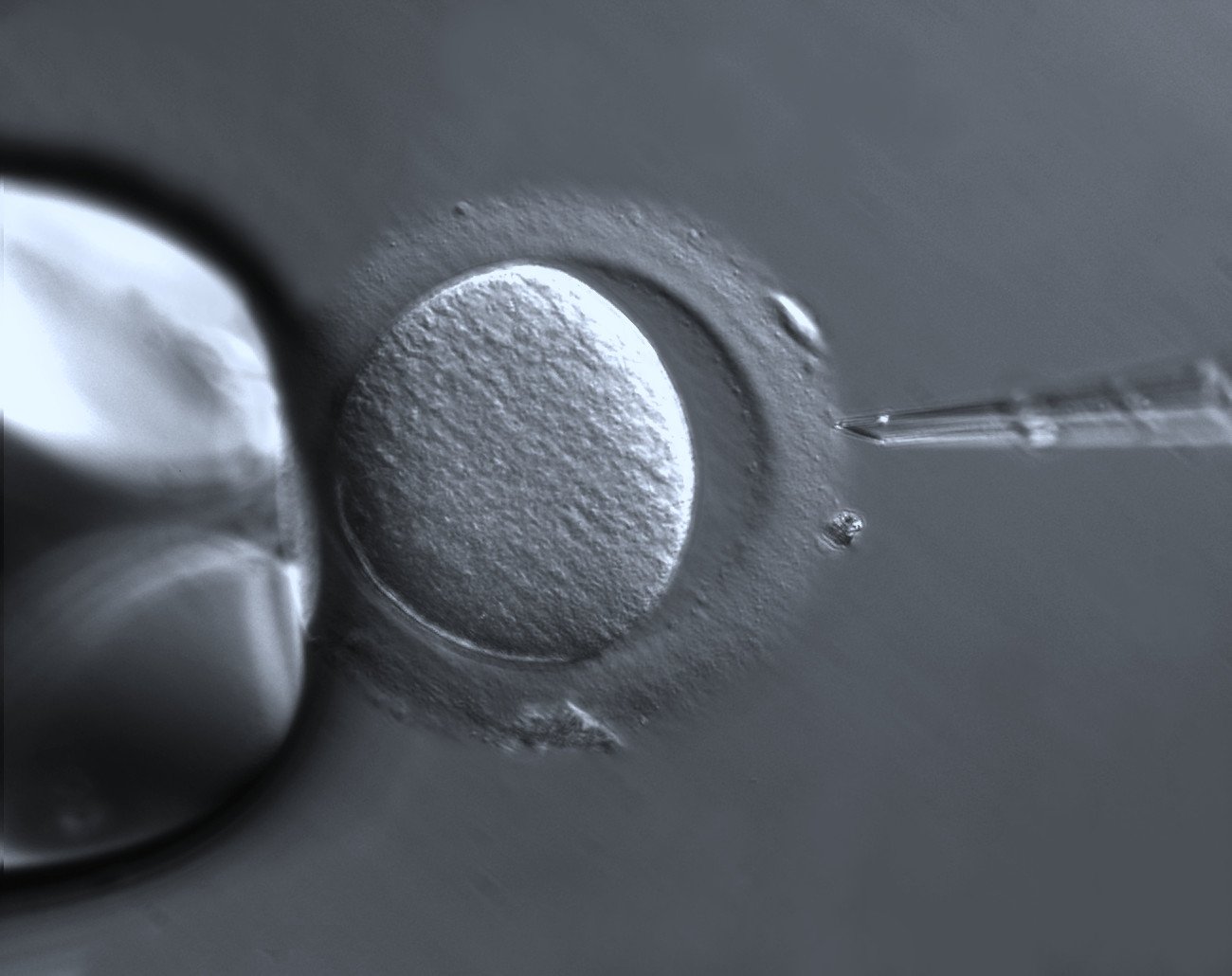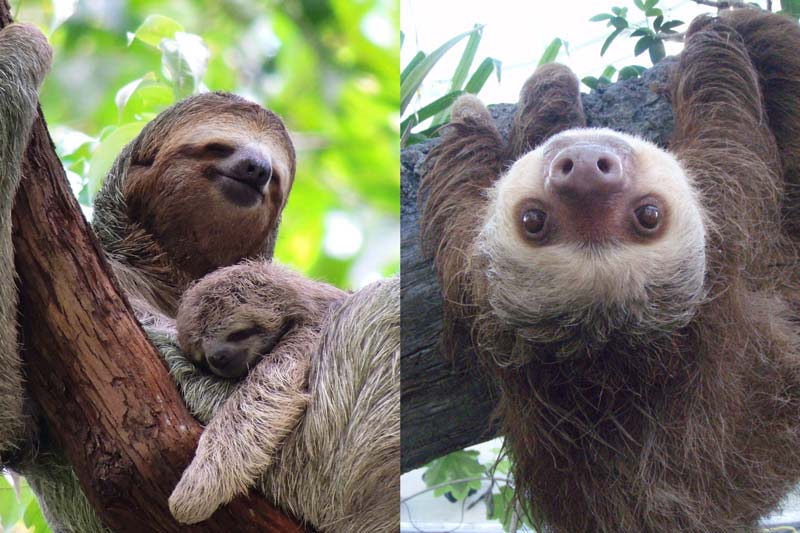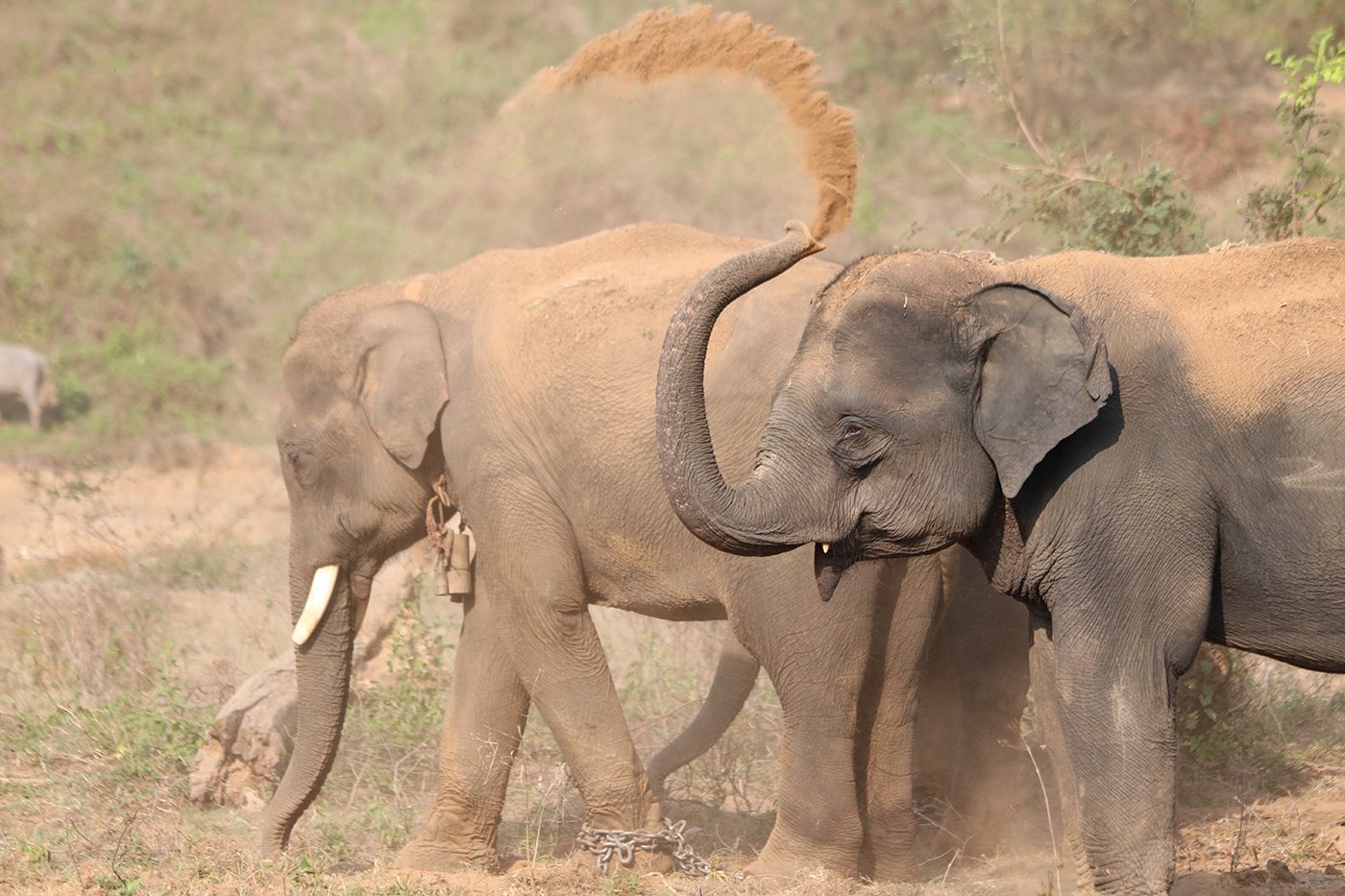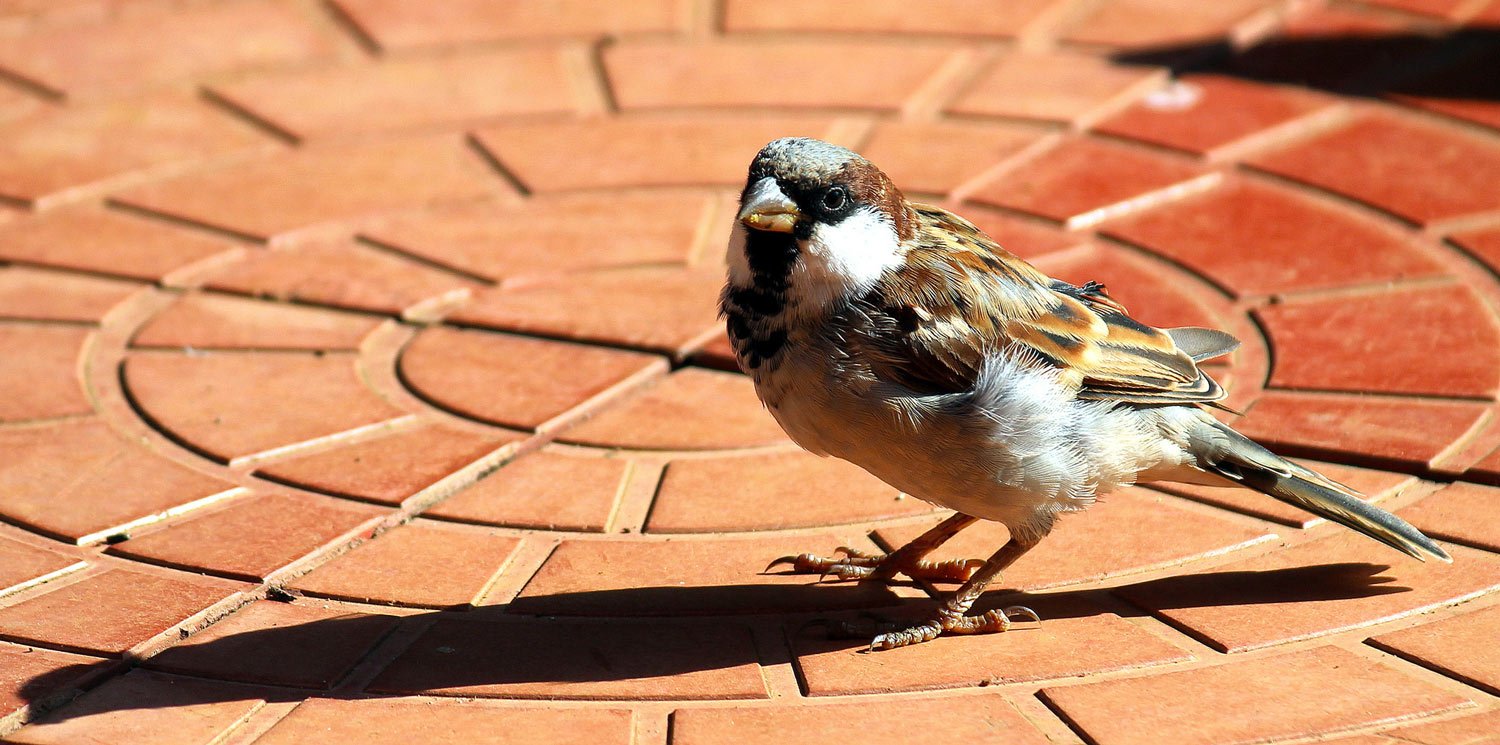The genetics of side-effects
Henk-Jan Guchelaar knows all too well the serious problems that the side–effects of medication can cause. As a professor of clinical pharmacy at the University of Leiden in the Netherlands, he has spent the last two decades trying to get the link between medicine and our genes recognised more widely. The stories he hears from patients and their families bring home … Read more

